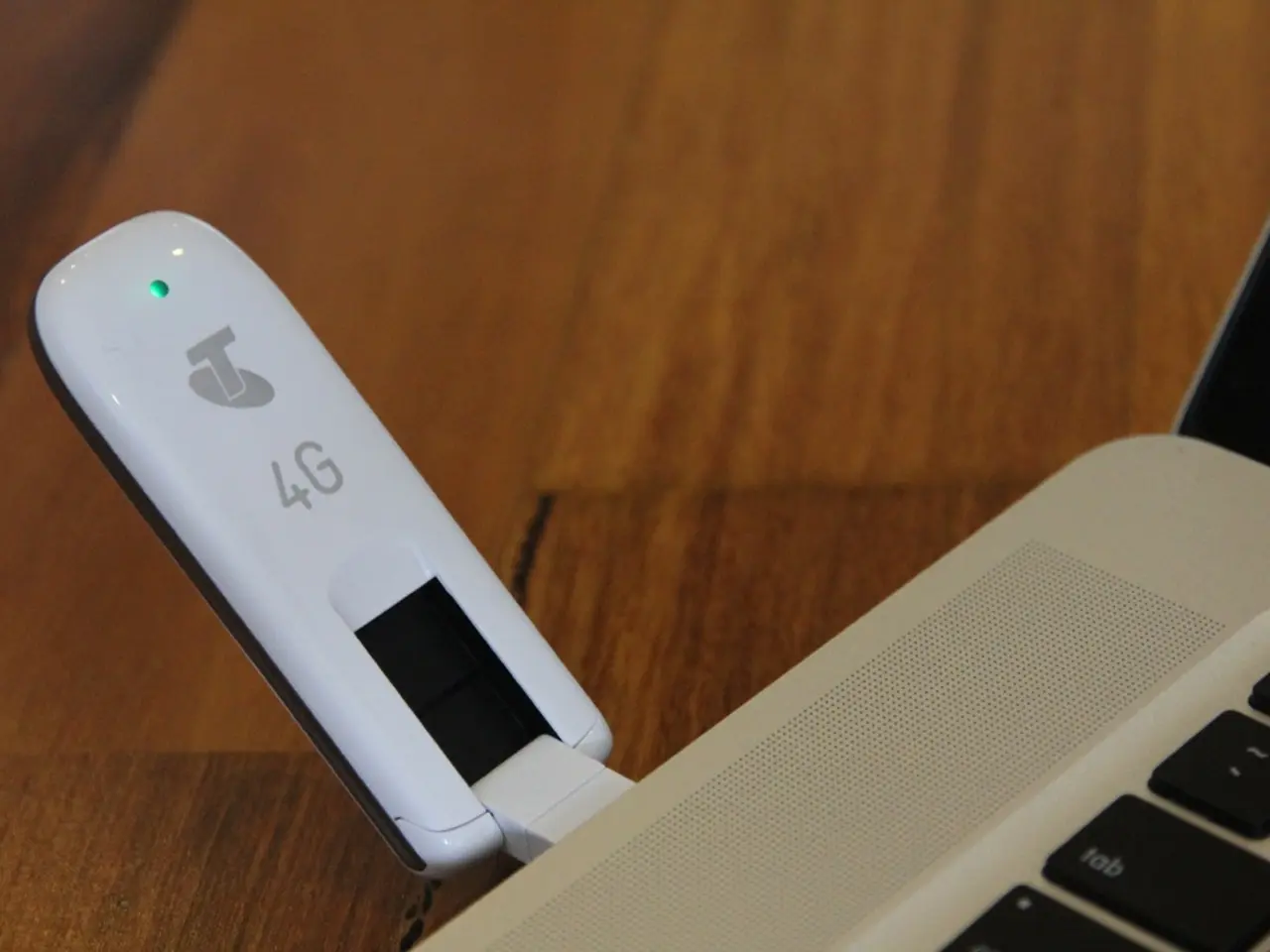Embrace the Power of Words: Mental Health Journaling
Techniques for Recording Emotional States to Aid in Coping with Depression and Anxiety
Hey there! You might think scribbling thoughts on paper is only for creative types or deep thinkers, but hold on to your hats - mental health journaling can be a game-changer, especially if you're struggling with the dreaded D and A (depression and anxiety). So sit back, relax, and prepare to discover a personal Tour de Force through the intersection of pen, paper, and peace of mind.
Dive Deeper: Understanding Depression and Anxiety
Before we dive into practices, let's talk turkey about what we're battling. Depression isn't just a fancy way to say "feeling down." We're talking about deep, sometimes crippling sadness that refuses to budge. Anxiety? It's an over-caffeinated brain on steroids, spinning out about tomorrow's problems, real or imagined. Not fun, right? The World Health Organization (WHO) reported that over 264 million people globally deal with depression, and that's just the tip of the iceberg. Anxiety? Add another 284 million to the count! Remember, these numbers represent real lives – not just statistics.
Science Says: Journal Away!
Ever wondered what's so special about putting pen to paper? Science backs it up. The "Journal of Clinical Psychology" found that expressive writing (aka, spilling your guts) can reduce symptoms of depression and anxiety. The University of Rochester Medical Center agrees— journaling can help sort out overwhelming emotions and clear mental fog[1]. It's like Marie Kondo-ing your brain (minus the cluttered Netflix queue).
Techniques for Effective Mental Health Journaling
Now that we've got the science part down, let's explore some techniques to jump-start your mental health journaling journey.
- Free Writing: Dive in with no restrictions. Let your thoughts flow like the mighty Mississippi River. Set a timer for about 15 to 20 minutes, and let it rip[2].
- Benefits: Feel lighter. Thoughts unburdened. Find clarity.
- Gratitude Journaling: Give props to the little things. A steaming cup of coffee can be a game-changer. Research in the "Journal of Happiness Studies" shows that gratitude can lift spirits[3]. List three things you're thankful for[4].
- Benefits: Feel positivity's infectious embrace.
- Cognitive Behavioral Journaling: Confront those negative thoughts trying to take over your brain. Pin them down on paper, analyze them, and reframe them. It's a bit like cognitive behavioral therapy (CBT) lite[2].
- Benefits: Gain a CBT superpower: spot distortions, reduce anxiety.
- Mood Tracking: Make sense of your emotional roller coaster by tracking patterns and triggers. Watch out for those low periods, and devise plans to better manage them[5].
- Benefits: Knowing triggers helps you sidestep them like a pro.
- Art Journaling: Words not your thing? Color your emotions away with artwork. Harness the power of visual communication[6].
- Benefits: Release emotions through color and scribbles.
- Goal Setting: Aim for the stars. Set goals, reflect, and adjust. Even the tiniest win counts[7].
- Benefits: Find direction, cultivate purpose.
- Letter Writing: Write a letter to your fears. It sounds cheesy, but it can be therapeutic. Sometimes you might send them, but the catharsis of writing can offer closure and peace[8].
- Benefits: Find closure, forgiveness, and peace of mind.
Fitting Journaling into Your Life
How to make journaling a daily habit? It's more straightforward than you think.
- Consistent Timeslot: Morning musings or evening reflections - choose what suits you best.
- Cozy Comfort: Create a personal, comfortable space.
- Patience: Remember: Rome wasn't built in a day. Progress takes time.
Overcoming Roadblocks: embracing Your Inner Scribbler
You've got your tools, time, and space – but what stands in the way? Sometimes it's fear of judgment (even from yourself). So, shake it off!
- Fear of Judgment: Remember, there's no grading. Let your thoughts flow freely.
- Stuck for Words?: Start with prompts or bullet points. Bullets are easier to swallow than an entire elephant, after all.
- Low Motivation: Reward yourself post-journal with something nice. Positive reinforcement keeps you motivated.
Elevate Your Mental Health Journey: The Takeaway
There you have it – mental health journaling isn't just a quaint notion. Use it alongside traditional treatments, and you'll find powerful relief from anxiety and depression symptoms. Whether you're a newbie or seasoned scribbler, remember, it's one step at a time. Join the legions of people who have found solace, clarity, and growth through the written word. Your future self will thank you.
Namaste, journal warriors!
Ready to Unlock Your Potential? Get Started Now ↴
TransformReady to join 1M+ people harnessing AI-powered tools for mental health, well-being, better habits, and happiness? 90% of users report positive changes in 2 weeks[9].
Footnotes:
- ScienceDirect: https://www.sciencedirect.com/science/article/pii/S0272494420307938
- University of California, Berkeley: https://greatergood.berkeley.edu/article/item/7_ways_writing_your_thoughts_can_improve_your_life
- Journal of Happiness Studies: https://onlinelibrary.wiley.com/doi/abs/10.1002/jcomes.20630
- Greater Good Science Center: https://greatergood.berkeley.edu/article/item/5_ways_practicing_gratitude_makes_you_happier_harder
- Psych Central: https://psychcentral.com/journal-therapy/
- Art Therapy: Journal of the American Art Therapy Association: https://link.springer.com/journal/10981
- Harvard Business Review: https://hbr.org/2015/06/tracking-your-habits
- Healthline: https://www.healthline.com/health/mental-health/journaling-anxiety
- Mental Health America: https://mhanational.org/solutions-in-progress
- Mental health journaling, a form of expressive writing, can reduce symptoms of depression and anxiety, according to the Journal of Clinical Psychology and the University of Rochester Medical Center.
- To start mental health journaling, techniques such as free writing, gratitude journaling, cognitive behavioral journaling, mood tracking, art journaling, goal setting, and letter writing can be used.
- Regular mental health journaling can be incorporated into daily routine by setting consistent timeslots, creating a comfortable space, and being patient with the progress.
- Overcoming roadblocks to mental health journaling can be achieved by remembering there's no judgment, starting with prompts or bullet points, and rewarding oneself post-journaling with something nice.






